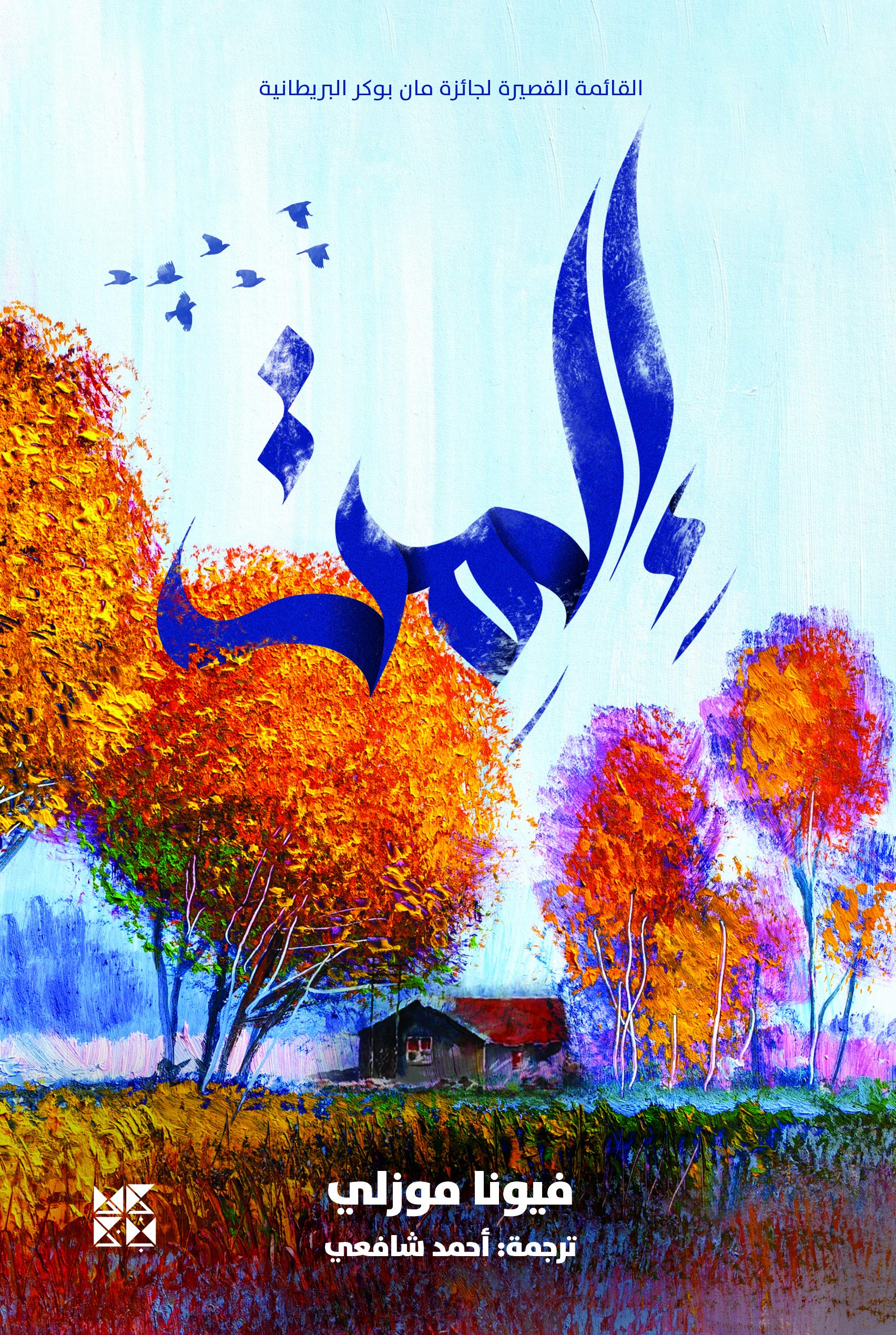What do you think?
Rate this book


Fresh and distinctive writing from an exciting new voice in fiction, Elmet is an unforgettable novel about family, as well as a beautiful meditation on landscape.
Daniel is heading north. He is looking for someone. The simplicity of his early life with Daddy and Cathy has turned sour and fearful. They lived apart in the house that Daddy built for them with his bare hands. They foraged and hunted. When they were younger, Daniel and Cathy had gone to school. But they were not like the other children then, and they were even less like them now. Sometimes Daddy disappeared, and would return with a rage in his eyes. But when he was at home he was at peace. He told them that the little copse in Elmet was theirs alone. But that wasn't true. Local men, greedy and watchful, began to circle like vultures. All the while, the terrible violence in Daddy grew.
Atmospheric and unsettling, Elmet is a lyrical commentary on contemporary society and one family's precarious place in it, as well as an exploration of how deep the bond between father and child can go.
189 pages, Kindle Edition
First published August 10, 2017

And if the hare was made of myths then so too was the land at which she scratched. Now pocked with clutches of trees, once the whole county had been woodland and the ghosts of the ancient forest could be marked when the wind blew. The soil was alive with ruptured stories that cascaded and rotted then found form once more and pushed up through the undergrowth and back into our lives.
It’s idea a person can write summat on a bit of paper about a piece of land that lives and breathes, and changes and quakes and floods and dries, and that that person can use it as he will, or not at all, and that he can keep others off it, all because of a piece of paper. That’s part which means nowt to me.
"The swifts were too light to charge at the gusts like gulls or crows, and through them I saw wind as sea. Thick, pillowy waves that rolled at earthen, wooded shores and threw tiny creatures at jutting rocks. The swifts surfed and dived and cut through the invisible mass, which to them must have roared and wailed as loudly as any ocean on earth, only to catch the air again on the updraft and rise to the crest."

"We all grow into our coffins, Danny. And I saw myself growing into mine."
"As soon as he had shaken off his boots, his Goliath arms pulled me into an embrace and I wondered what it would be like to touch a real whale, and knew that despite what Vivien had said, Daddy was both more vicious and more kind than any leviathan of the ocean. He was a human, and the gamut upon which his inner life trilled ranged from the translucent surface to beyond the deepest crevice of any sea. His music pitched above the hearing of hounds and below the trembling of trees."So that's beautiful writing, to be sure, but it also serves to slow down the pace substantially, and as such I found myself frequently setting the book aside to read something else.